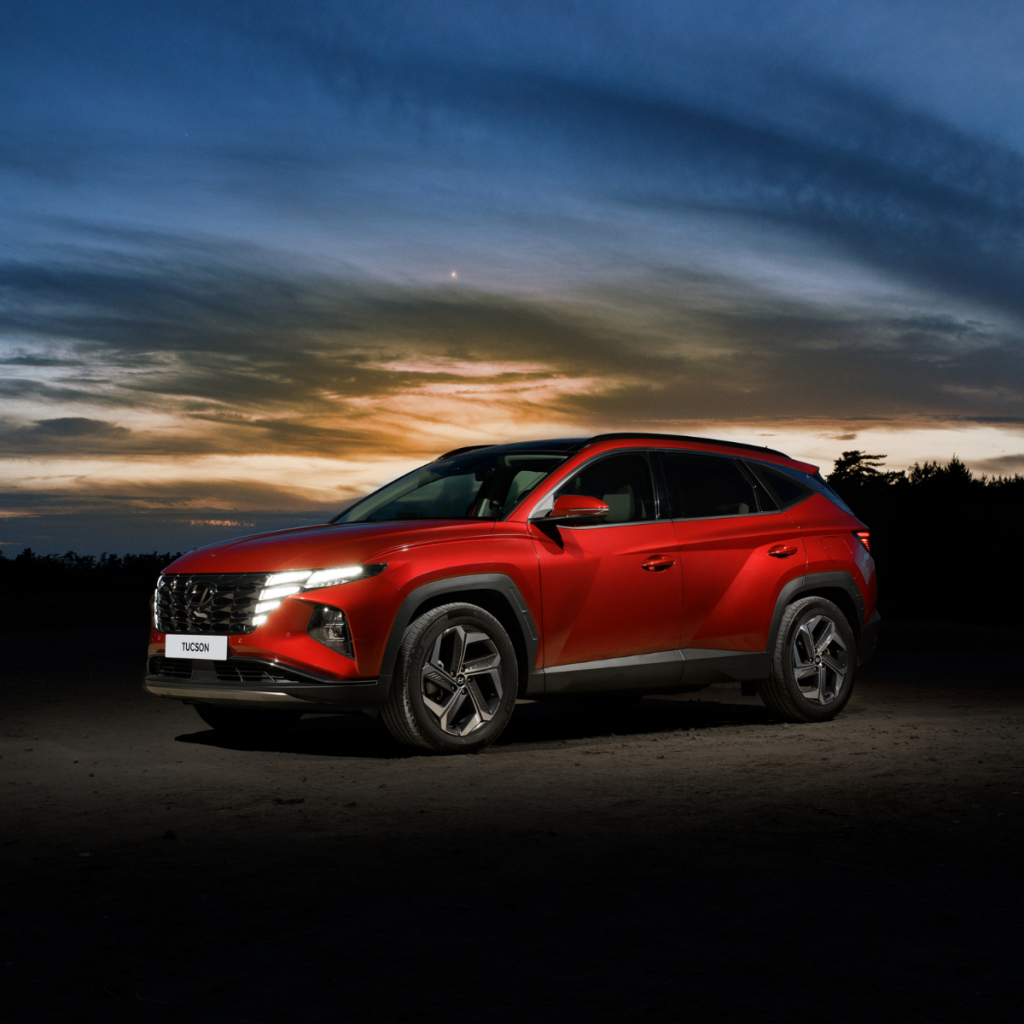Choosing between an SUV and a sedan can be a challenging decision for many car buyers. Both vehicle types offer distinct advantages and cater to different driving needs. Whether you’re looking for extra cargo space, a smooth ride, or better fuel efficiency, the key is to understand what each category brings to the table. While SUVs have become increasingly popular due to their versatility and off-road capabilities, sedans continue to hold a strong place in the automotive market for their elegance, efficiency, and comfort. In this article, we will explore the main differences between SUVs and sedans, helping you decide which vehicle is best suited for your lifestyle and preferences.
Performance and Driving Experience
When it comes to driving experience, both SUVs and sedans provide unique benefits. Sedans typically excel in providing a smooth, responsive ride with better handling and agility compared to SUVs. Their lower center of gravity allows them to corner more effectively, providing a more car-like driving experience. Additionally, sedans often offer better fuel efficiency due to their smaller size and lighter weight, which can be ideal for those who prioritize fuel economy.

On the other hand, SUVs are generally larger, which contributes to a slightly bulkier ride. However, many newer models offer advanced suspension systems that smooth out the ride, making them comfortable for long-distance trips. Furthermore, the elevated height of an SUV provides better visibility on the road, giving drivers a commanding view of their surroundings. For individuals who frequently drive in challenging weather conditions or need off-road capabilities, an SUV offers more advantages with its all-wheel-drive or four-wheel-drive options.
Interior Space and Comfort
Space is one of the most significant differences between SUVs and sedans. SUVs are known for their roomy interiors, with generous seating capacity and ample cargo space. Whether you need to accommodate a growing family, carry sporting equipment, or go on a road trip with luggage, an SUV provides the flexibility to transport large amounts of cargo and passengers. Many SUVs also offer a third-row seating option, which is perfect for large families or group travel.
In contrast, sedans typically provide a more compact, yet comfortable, interior with two rows of seating. While there may be less space for passengers and cargo, sedans are often designed with premium materials and attention to detail in order to offer comfort and a higher-end feel. They are also more likely to have a sleek, modern design, with advanced technology integrated into the cabin to ensure a pleasant driving experience.
Safety Features and Stability
Safety is a top priority for most car buyers, and both SUVs and sedans are equipped with advanced safety technologies. SUVs often provide superior safety in terms of their larger size and higher ground clearance. The increased ride height of an SUV can offer better protection in the event of a collision, especially in side-impact accidents. Many SUVs come with a range of safety features such as lane-departure warning, automatic emergency braking, and blind-spot monitoring. Additionally, SUVs are better suited for families, as they tend to offer more standard safety equipment, especially in higher trims.
While sedans may not offer the same elevated clearance, they are generally equipped with equally robust safety features. The lower profile of a sedan, however, can enhance its stability and lower the risk of rollover accidents. Some sedan models also come with advanced driver-assist systems, including adaptive cruise control and pedestrian detection, to keep occupants safe on the road. In terms of safety ratings, both SUV and sedan models are typically tested rigorously and receive top marks in crash tests when equipped with the appropriate safety features.
Fuel Economy
When comparing fuel economy, sedans typically have the advantage over SUVs. Due to their smaller size and lighter weight, sedans consume less fuel, making them a more cost-effective option for those who prioritize efficiency. Whether you’re commuting to work or taking long road trips, the superior gas mileage of a sedan can save you money at the pump in the long run.
SUVs, while slightly less fuel-efficient, have made significant strides in improving their economy in recent years. Many newer models offer hybrid or electric variants that provide better mileage without compromising on power or performance. However, for traditional gas-powered models, SUVs generally consume more fuel due to their larger engines and heavier build. The trade-off, of course, is the added benefits of more space and versatility.
Versatility and Off-Road Capabilities
One of the major selling points of SUVs is their versatility. Many SUVs are equipped with off-road capabilities that make them ideal for outdoor adventures, rough terrains, or inclement weather. Whether you’re driving on snow-covered roads, through mountain trails, or navigating rocky paths, SUVs with all-wheel or four-wheel drive can offer superior traction and handling. Some models also come with additional features such as adjustable suspension or hill descent control to improve performance in challenging environments.
Sedans, on the other hand, are generally designed for more urban settings and smoother roads. While there are some sportier sedans with enhanced performance features, they are not typically built to handle rugged terrain. If off-road capability is a priority, an SUV would be a better fit. However, if you are looking for a car that performs well on paved roads and provides a comfortable, efficient ride, a sedan is an excellent choice.
Price and Maintenance
Price is another crucial factor to consider when choosing between an SUV and a sedan. Generally, SUVs are more expensive than sedans, with higher base prices and more costly maintenance. Larger vehicles often require more expensive tires, larger parts, and higher fuel consumption, all of which can add to the overall cost of ownership. Additionally, insurance rates for SUVs tend to be higher due to their larger size and the increased risk of damage in an accident.

Sedans, being smaller and lighter, are often more affordable, both in terms of purchase price and maintenance costs. Their more compact design allows for lower insurance premiums, less expensive parts, and fewer repairs. If you’re on a budget, a sedan could be a more economical option.
Conclusion: Which One Is Right for You?
Ultimately, the choice between an SUV and a sedan depends on your unique driving needs and lifestyle. If you’re looking for more interior space, off-road capabilities, and the flexibility to transport larger families or cargo, an SUV is likely the best option. It’s also an ideal choice for those who regularly drive in difficult conditions or enjoy outdoor adventures.
However, if you prioritize fuel efficiency, a sleek design, and a comfortable ride for daily commutes or urban driving, a sedan might be a more fitting choice. It offers a smooth driving experience, lower maintenance costs, and a more budget-friendly price tag.
Both vehicles come with a range of features and technologies that can make them excellent choices for different types of drivers. Take your time to evaluate your needs, considering factors like family size, driving habits, and overall budget, and you’ll be sure to find the perfect vehicle for your lifestyle.

Leave a Reply